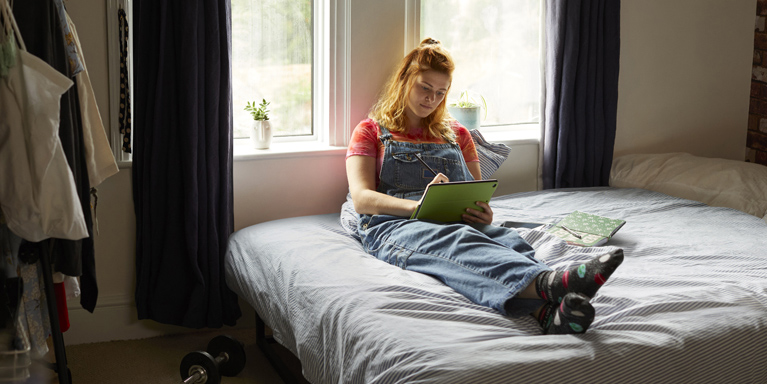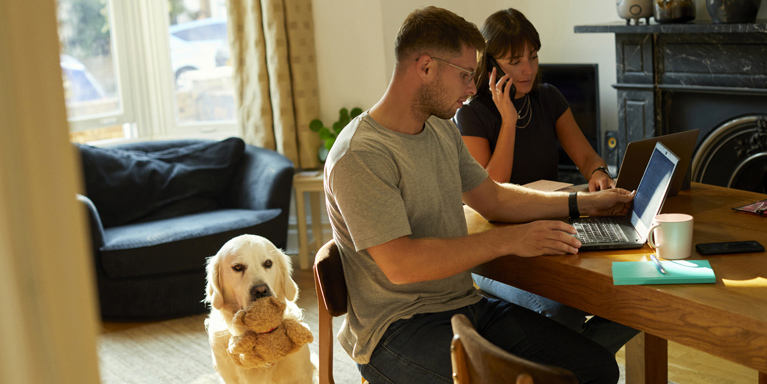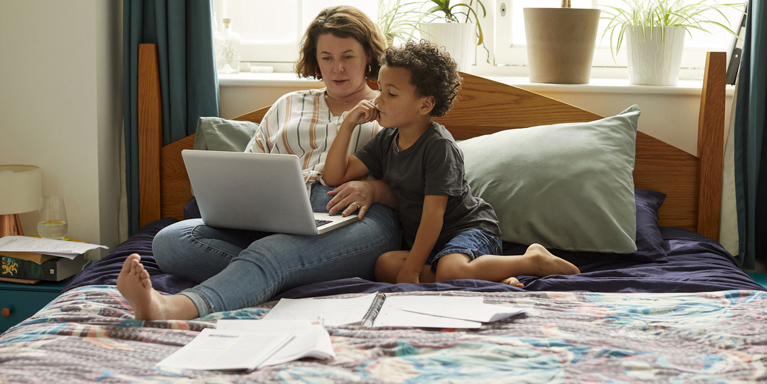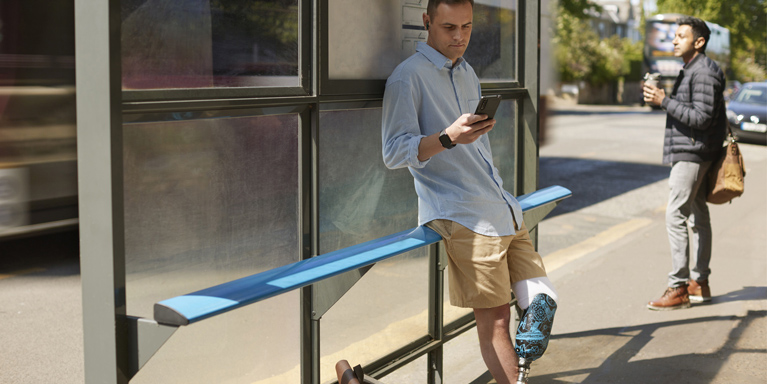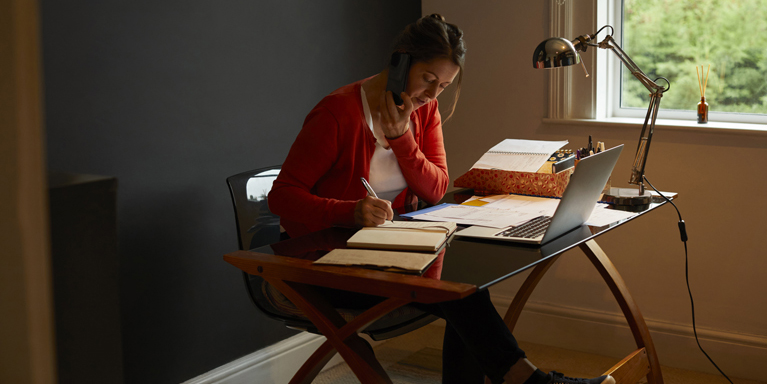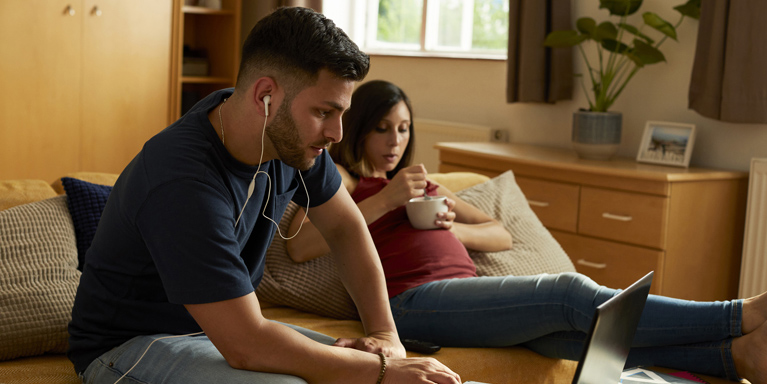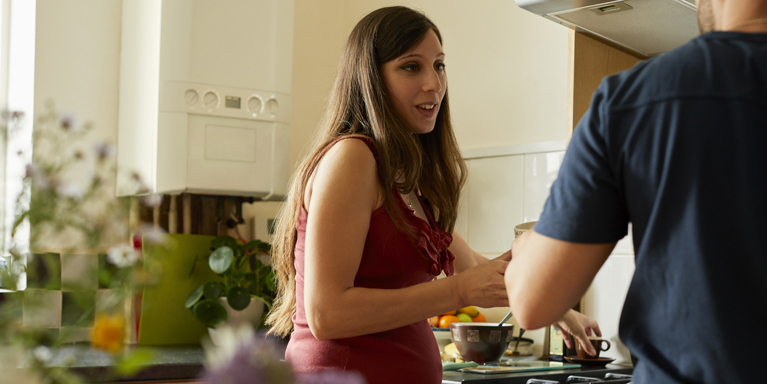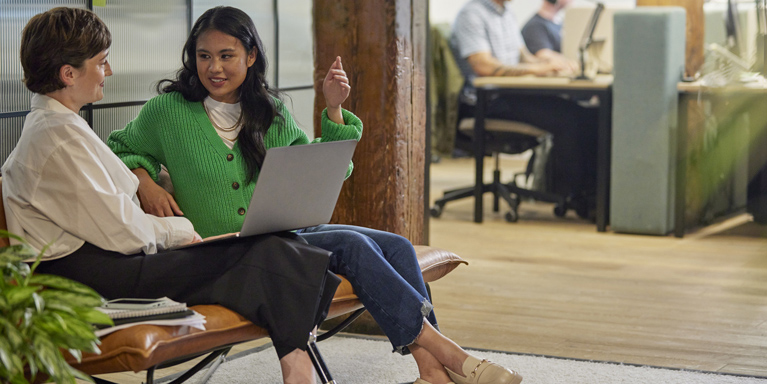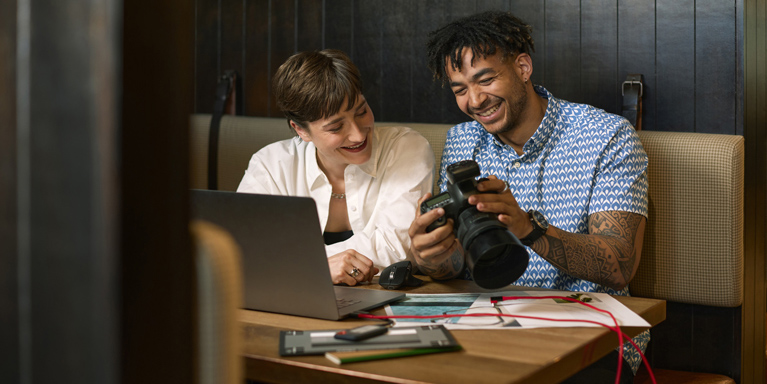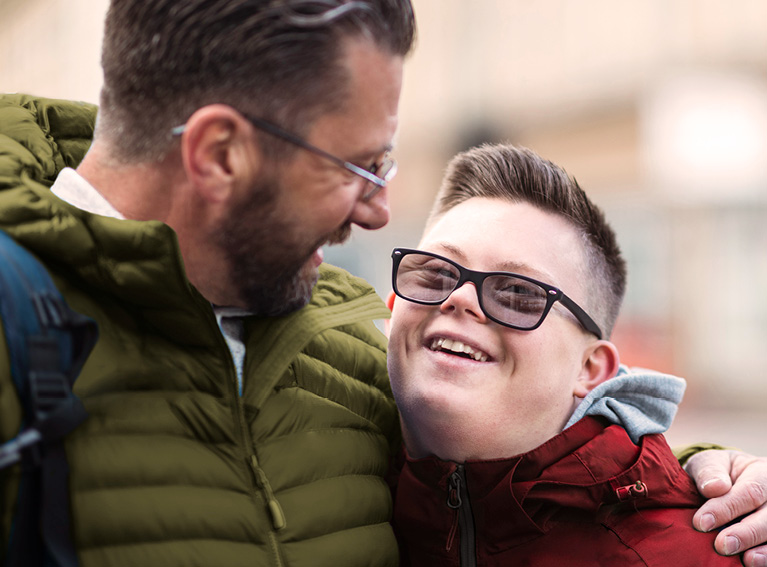
Looking after your personal information
As you share information online, you need to know how to keep it safe. Learn how to with this lesson.
BackIntroduction to 'Looking after your personal information'
In this lesson, you’ll learn how to keep your personal details safe when you search, post and shop online. We suggest you take our first two lessons on ‘Understanding online information’, if you haven’t already. These are ‘Finding information online’ and ‘Saving and accessing documents’
What’s personal data?
Your personal data is every fact there is about you. It can be really personal, like your health records. Or just something like your favourite food or the films you like to watch.
Personal data includes:
- Personal details – Like your birthday, address, bank details
- Your pictures
- Your videos
- Personal habits – What you like to do
- Personal goals – Such as: read more books, lose weight, find a job
Why should you keep this safe?
It might seem obvious, but personal data is valuable and you need to protect it. For example, someone could use your bank details to steal your money.
People can use your data to:
- Take out loans or credit cards in your name.
- Find out where you live and when you’re away, so they can steal from you.
- Bribe you.
- Steal money from your bank account.
- See if you’re the right person for a job.
- Create tailored adverts that tempt you to buy things.
What’s a digital footprint?
This is everything that you or others have posted about you online. It creates an online “picture” of who you are. Before you post anything, ask yourself: How do I want people to see me online?
For example, if a friend posts a picture of you online, ask yourself: Would I be happy for a future employer to see this? Sometimes, employers search your name online before hiring you, so always think before you post.
It’s not just pictures either. It can be words and actions too. What you say and do online stays there, so anyone who searches hard enough can see it. Check your privacy settings to make sure only the people you want to view your information can see it.
Again, if you feel worried about keeping safe online, we recommend you take our lesson, Introduction to online safety.
You can control your data
While there are risks with posting things online, you do have control over your data. Not just what you post and who your share it with. But also which companies have your data, and what they do with it.
When you share your data with a company:
- They can use it to improve your experience with them.
- They can remember what you like and how you prefer to hear from them.
Want to know what data a company has on you?
You can usually ask them - privacy rules give you this right. You just need to write to the company and ask to see what data they have on you. This is a ‘subject access request’ (SAR). They usually have one month to reply. It’s generally free unless you ask for a large amount of information, or something that will take a long time to find.
Sharing other people’s data
And it’s not just your own data. You have a duty to look after other people’s data too. You form part of their digital footprint, so always ask permission before you post someone’s pictures or share their posts.
Using other people’s documents
You also need to take care when you use other people’s work. You wouldn’t borrow or steal their things, so think before you share or use someone else’s files. People own their files, images and content as much as their other belongings.
Lesson complete!
Well done on completing this lesson. You should now know how to keep your personal details safe online. We suggest you keep your learning going with our ‘Using services online’ lessons.
First up is ‘Introduction to online services’. It will help you see the benefits of using services online. It will also give you an idea of the kinds of services you can use. From shopping for food online, to booking travel and paying your bills.
Up next for you:
Next lesson: Introduction to online services
Back to: Understanding online information
Scottish Widows Be Money Well is committed to providing information in a way that is accessible and useful for our users. This information, however, is not in any way intended to amount to authority or advice on which reliance should be placed. You should seek professional advice as appropriate and required. Any sites, products or services named in this module are just examples of what's available. Scottish Widows does not endorse the services they provide. The information in this module was last updated on 8th November 2023.
